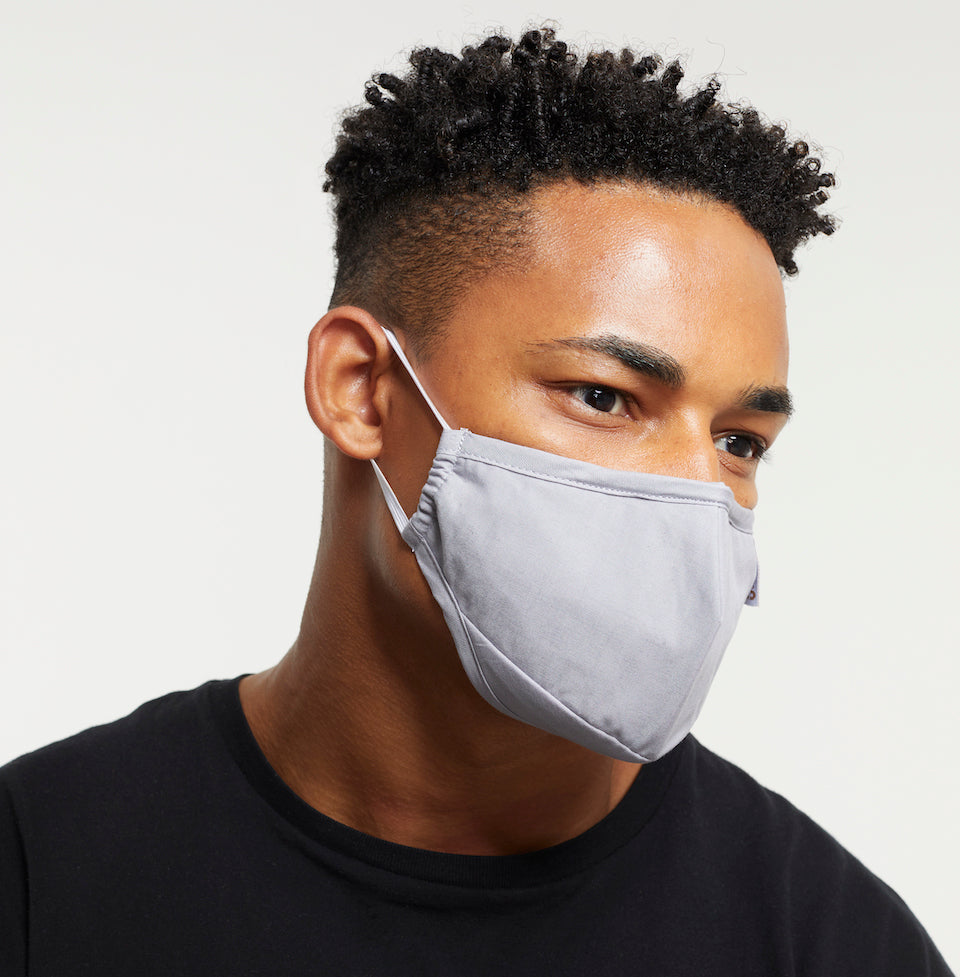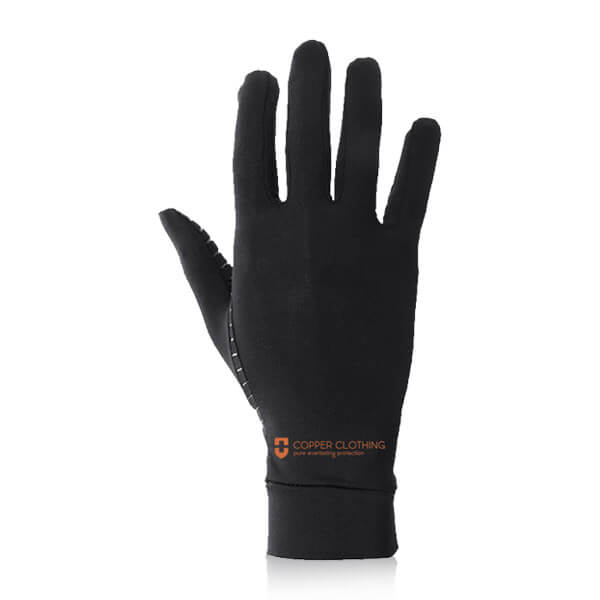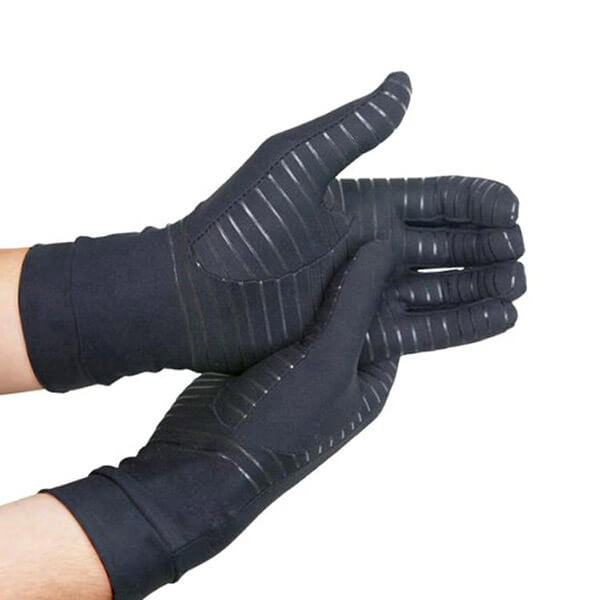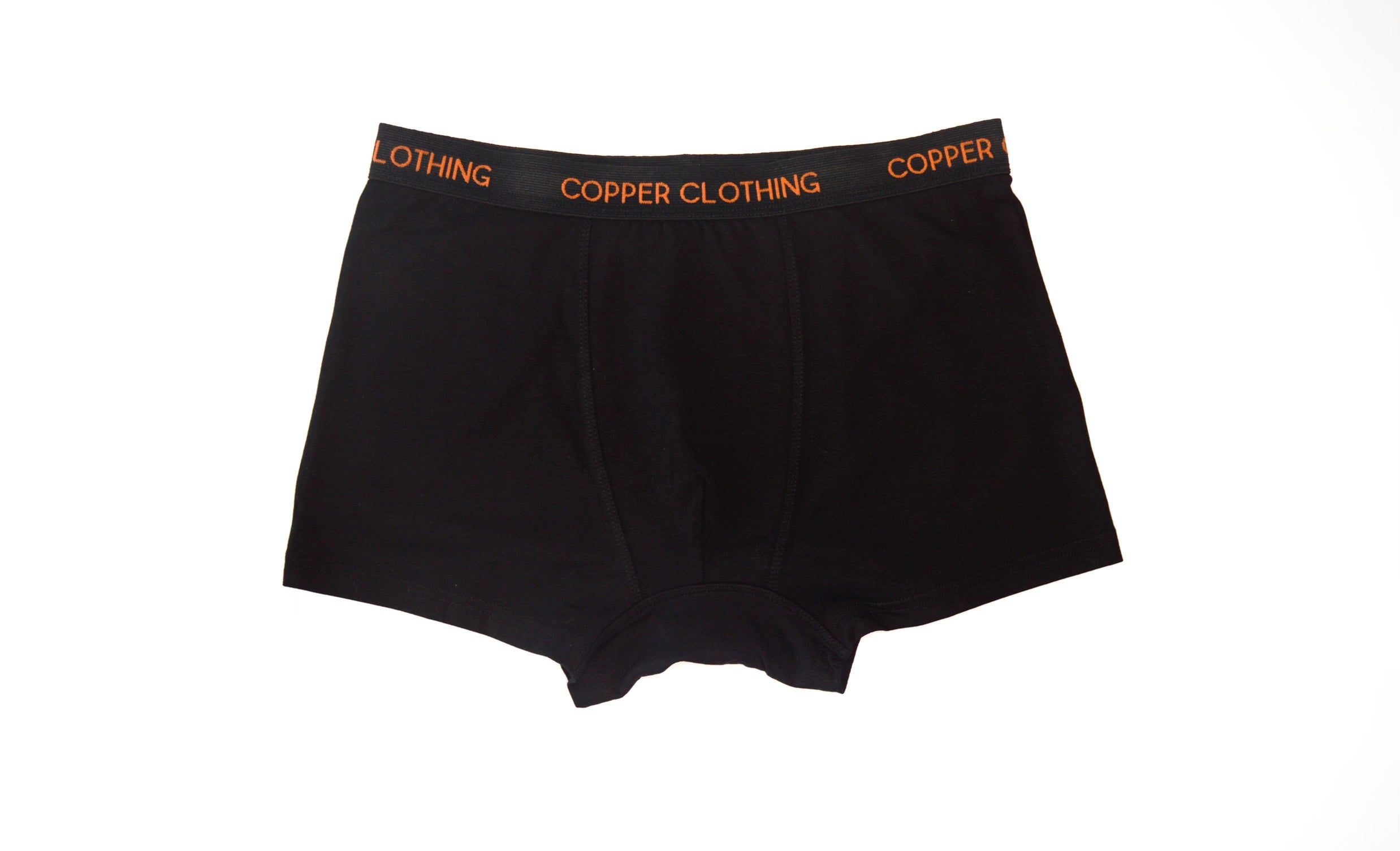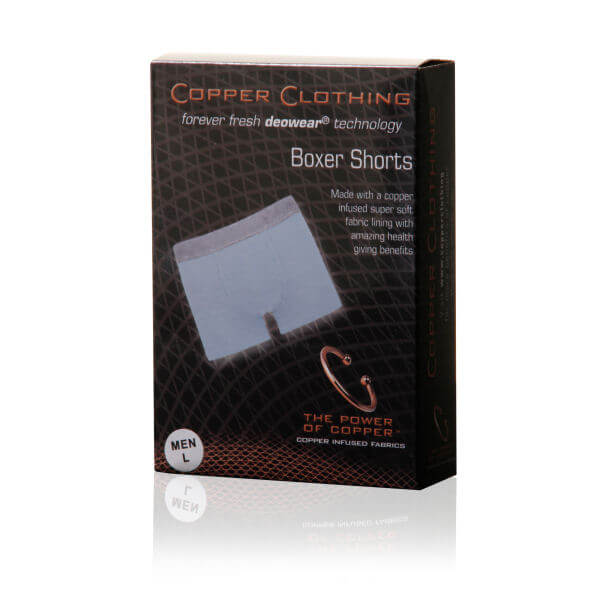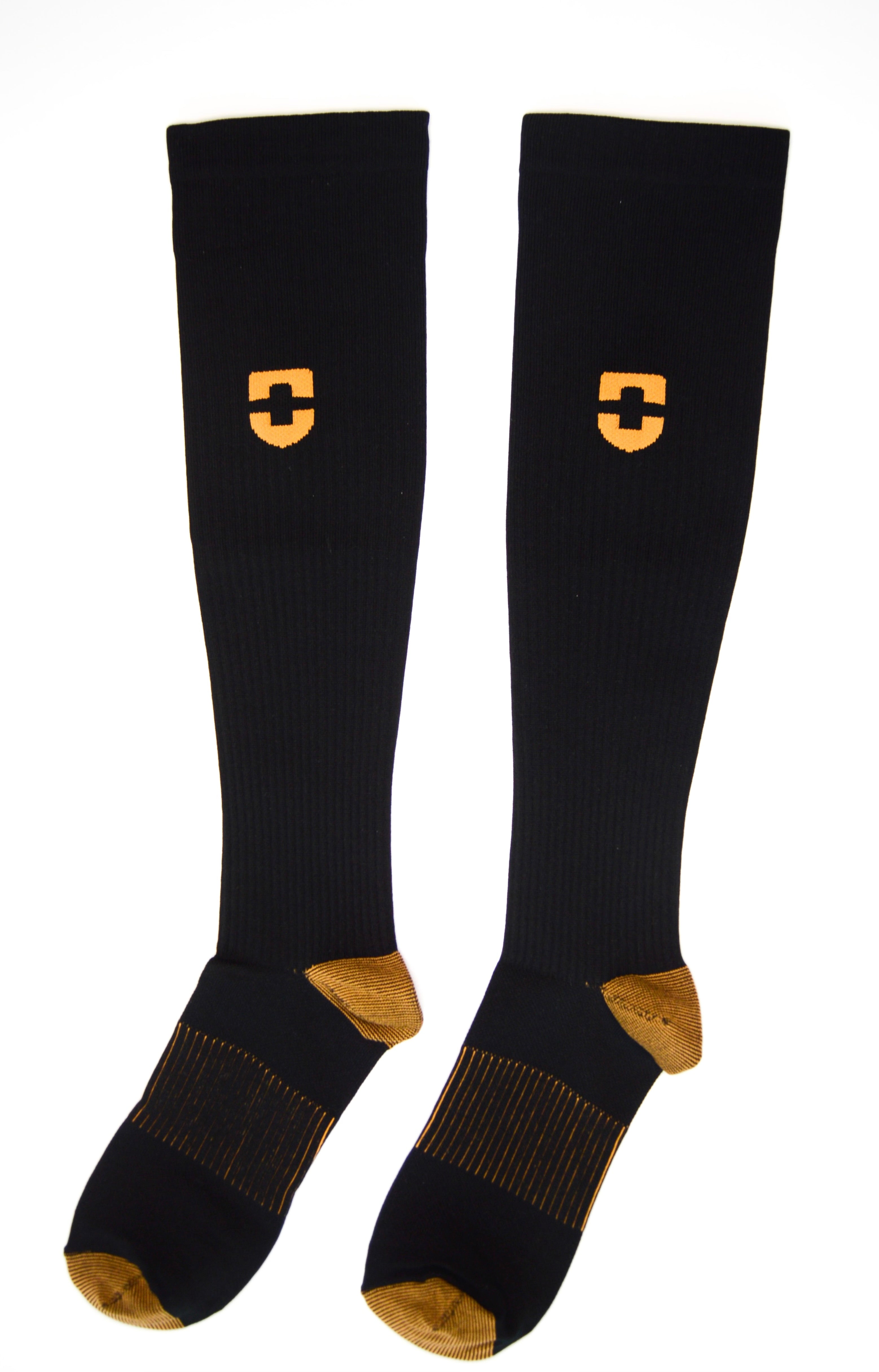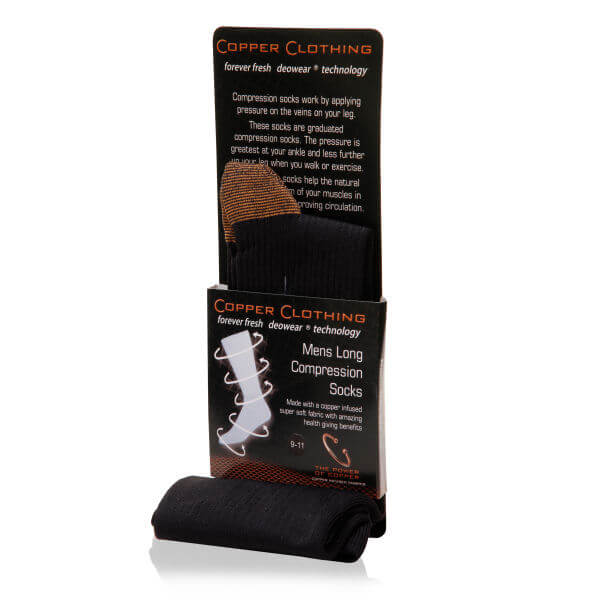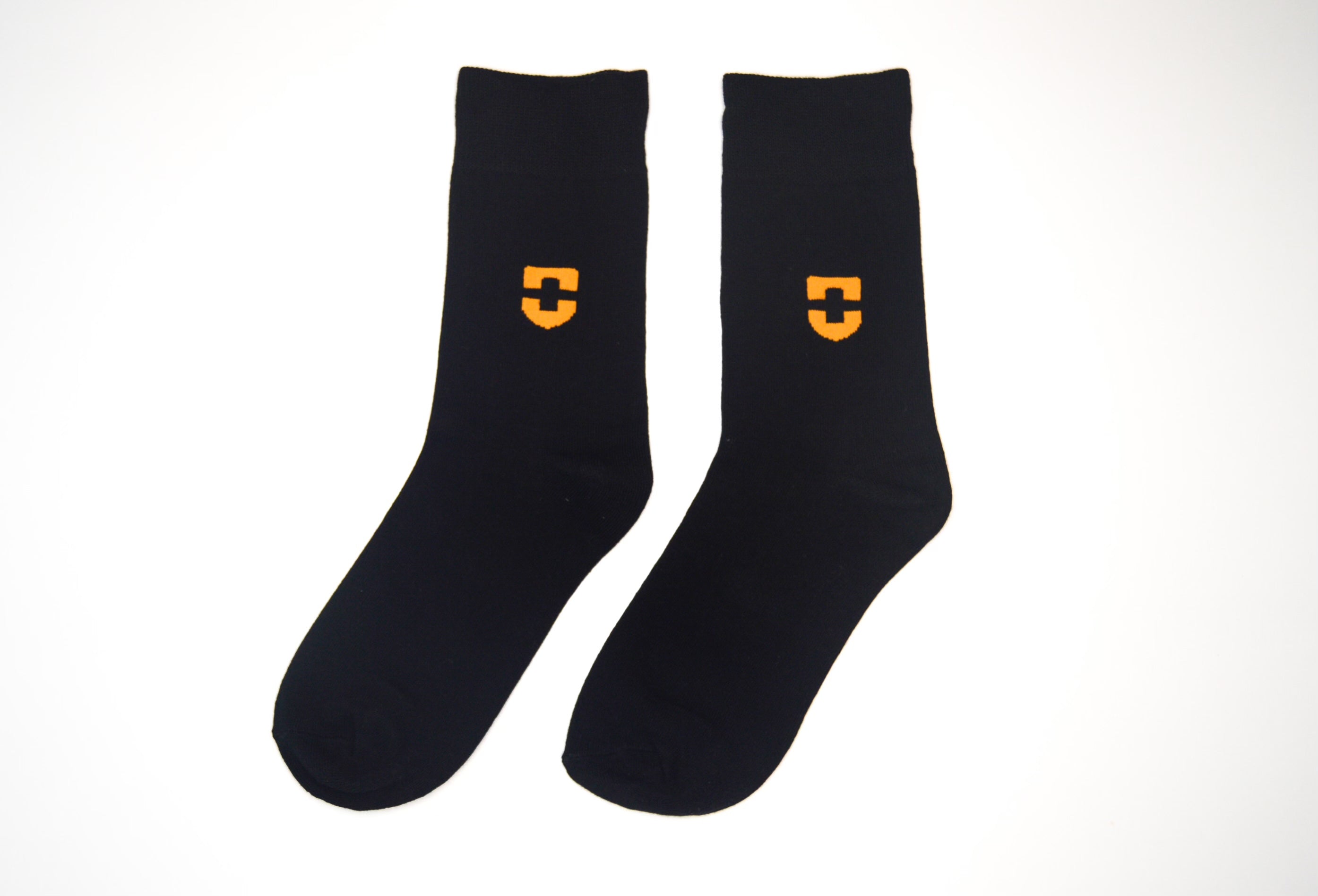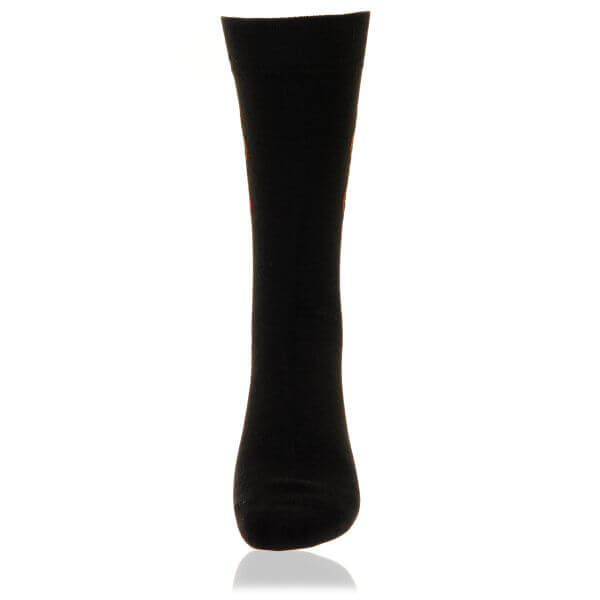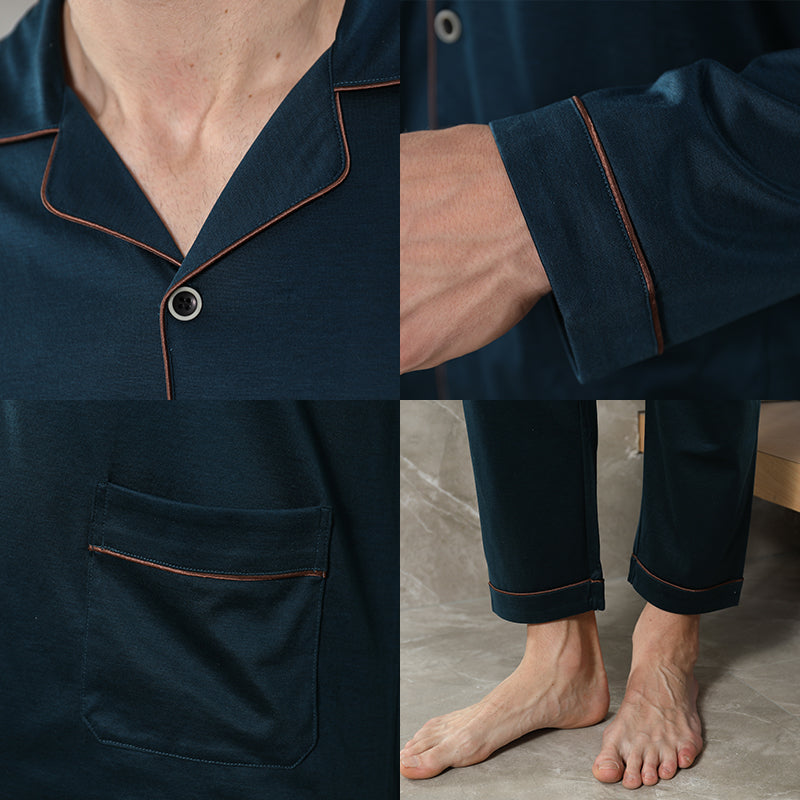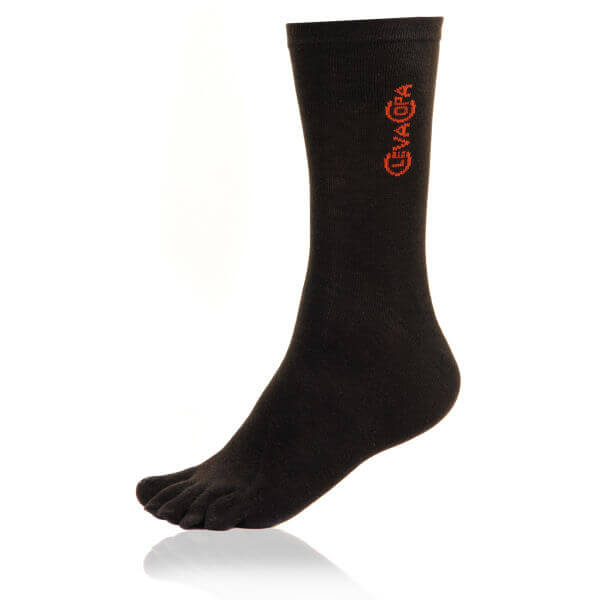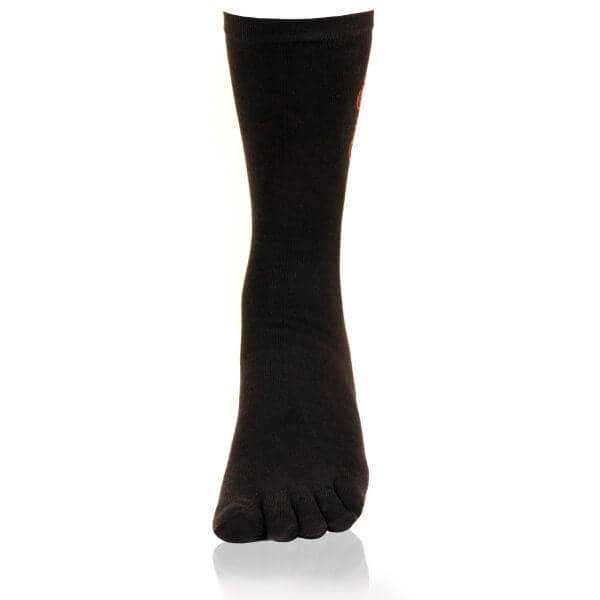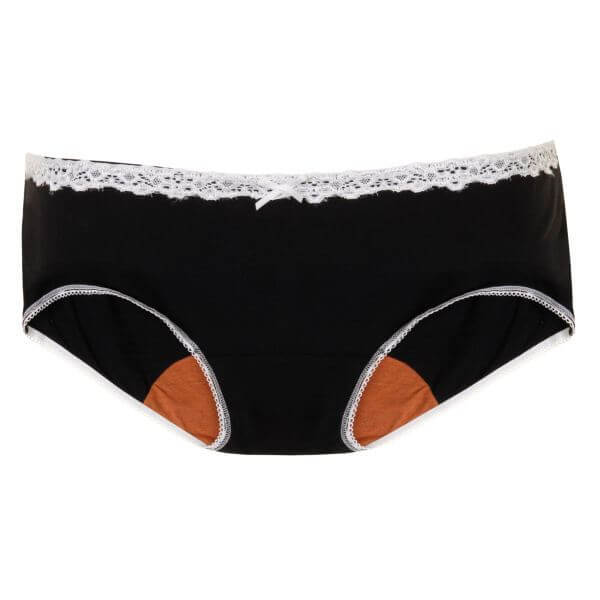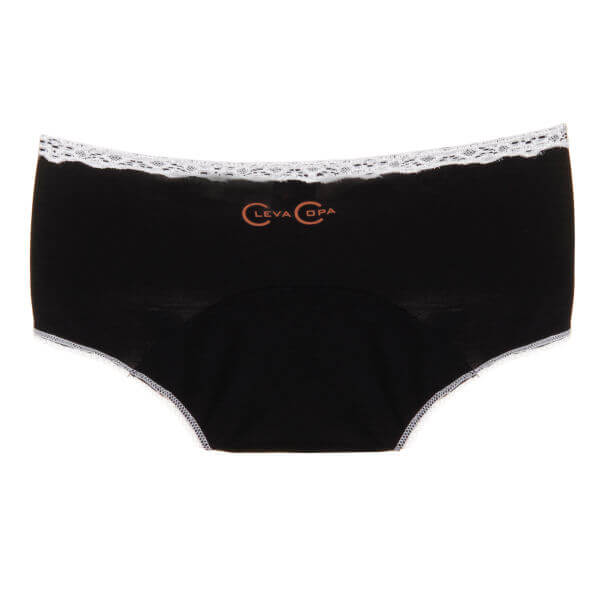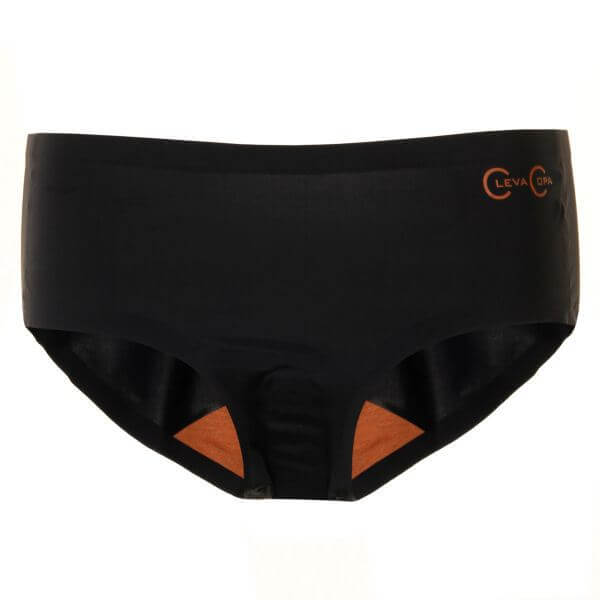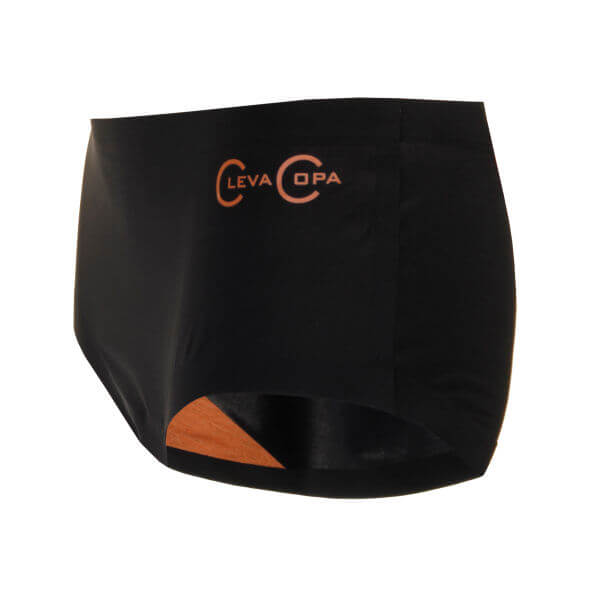How Often Should You Wash Your Towels? (Hear it from Experts)
Published
November 30 2022
Are you wondering how often to wash towels? Look no further! The best bits of advice from experts on how often you should wash your towel are gathered here.
If you are like most people, you probably don't think much about how many times you should wash the towel. But the truth is, towels can harbour all kinds of bacteria and other microbes they collect from your skin and other sources. So it's important to clean them regularly for the sake of your health and hygiene.
However, when it comes to how often to wash towels, there is no one-size-fits-all answer. The frequency with which you need to wash your towel depends on a number of factors, including how often you use it, what you use it for, and how sweaty or dirty you get when using it.
If you are unsure of how often should you wash your towels, you can use the thumb rule suggested by the Cleaning Institute, which is to wash bath towels after 3 uses.
Keep reading this article if you want to learn more relevant information regarding cleaning your towel to enjoy the skin, free of bacteria and germs.
What if You Don’t Clean Your Towel?
Towel care is important for your health because of the risks associated with bath towel bacteria and germs collected from the skin as well as the bathroom environment. All this can get transferred to your skin through a dirty towel.
Thus, you must wash towels frequently with an antibacterial soap. Otherwise, you can put your health at risk in the following ways.
-
Dangerous Infections
Your towel is constantly in contact with your skin, which makes it the perfect breeding ground for bacteria. In fact, studies have shown that towels can be a source of a variety of different bacteria, including E. coli and staphylococcus.
If you don't clean your towel regularly, these bacteria can build up and cause other infections, health problems, and skin irritation.
-
Increased Risk Due to Damp Towels
It's also critical to make sure you dry your towels completely in an airy atmosphere after each use. Damp towels are the perfect environment for bacteria to thrive. Additionally, most of you hang damp towels in bathrooms to dry. That not only takes more time but increases the risk of infections.
All restrooms have a variety of components that can support microbial life, such as water, warm temperatures, and oxygen, which makes them an ideal environment for the growth of microorganisms.
-
Aggravated Skin Conditions
According to dermatologist Alok Vij, MD, - The longer towels kept damp, the longer the yeasts, germs, moulds, and viruses remain alive and stay active.
He claims that they can start an outbreak of jock itch, toenail fungus, athlete's foot, and warts or cause these skin disorders to spread. And unclean towels can undoubtedly trigger an episode of eczema or atopic dermatitis.
-
Spread of Bacteria
Bacteria, fungi, and viruses can spread via soiled towels. Using a filthy towel can lead to skin irritation and even the spread of illnesses. It is known that towels and linens can spread the MRSA bacteria, which causes staph infections.
Reusing towels increase the risk of developing folliculitis, a skin condition that resembles acne, warns Cleveland Clinic dermatologist Amy Kassouf, M.D.. She also states that your eczema can get worse with each use of an unclean towel.
When you have folliculitis, reusing a towel that has bacteria on it increases your risk of contracting the disease and infecting a hair follicle.
It’s important to understand that only because an infection is conceivable does not guarantee that it will occur.
However, according to Dr. Meschke, if you frequently use the same towels, have a few of the infections listed above that affect your skin's barrier function, or have any microscopic scrapes or abrasions, you could theoretically become infected.
How Often You Should Wash Your Towel?
As stated earlier, bath towels should be washed after three uses, according to the Cleaning Institute. You can adopt a schedule best suited to your routine and needs. For instance, if you shower every day, you will need to do laundry roughly every 3 days.
Just do regular laundry to clean towels and get rid of any germs that are starting to build up. Unfortunately, according to a study by love2laundry, 46% of respondents use the same towel for a week before washing it, and 9% use a towel for a full month before cleaning it.
According to Lucy Ackroyd, Head of Design at Christy, how frequently you shower or bathe determines how many times you wash your bath sheet. However, to prevent a bacterial build-up, cleaning your main towel after three uses is advisable. Place it on a towel rack to dry while not in use.
Charles Gerba, a microbiologist at the University of Arizona, discovered some notably scary facts. About 90% of washroom towels are infected with coliform bacteria, a large type of bacteria commonly found in human excrement. Additionally, 14% of bathroom towels were found by Gerba to carry E. coli. So, keeping towels clean is non-negotiable!
Is There any Alternate for Frequent Laundry to Keep the Towels Clean?
Are you worried that your busy schedule may keep you from washing your towels at regular intervals? Well, there is an excellent solution to this problem: Copper Infused Kitchen towel and Anti-Microbial Bath and Gym Towel
The combination of moisture, warmth, and porous cotton in regular towels create the ideal environment for the growth of bacteria and micro fungi. Therefore, after a shower, you immediately reintroduce bacteria and germs to your body through regular towels. But that is not the case with towels made of copper.
The copper ions embedded into Copper Clothing towels' fibres eliminate pathogenic microorganisms on touch, shielding the towel against future microbial growth that could cause unpleasant odours and illnesses.
Towels made of copper provide an alternative to standard home towels, which can contain up to 10 million fungal and bacterial cells.
Here’s how the anti-bacterial towels with copper ions have an edge over regular towels:-
-
Comfortable and Plush:
These are 100% copper-infused cotton towels of premium quality. They are hypoallergenic for even the most delicate skin, with a sumptuous 500 GSM ultra-soft material.
-
Eco-friendly:
Copper oxide has been integrated into the 100% cotton fabric of these towels. Cotton is an eco-friendly and natural fabric. These towels are chemical-free and safe.
-
Anti-aging:
Copper has been shown in studies to delay the onset of fine lines and wrinkles and to increase skin suppleness.
-
Self-sustainable:
These towels spontaneously clean themselves with the aid of copper ions, which reduces the need for frequent washing by 99.99%. By eradicating bacteria like S. aureus, E. coli, and MRSA on their own, copper-infused towels require less laundry, less water waste, and a happier environment.
-
Anti-odour:
Copper-infused fabrics are known to kill odour-causing bacteria and fungi, keeping towels fresher and odour-free for a longer amount of time.
-
Super Absorbent:
It is ideal for daily usage due to its high absorption capacity, quick drying characteristics, and copper qualities.
-
Anti-microbial:
According to laboratory experiments, copper ions render bacterial, fungal, and viral effects on touching surfaces by killing 99.99% of bacteria like S. aureus, E. coli, and MRSA. According to studies, copper not only kills germs but also shields the towel against the spread of new pathogens.
-
Built to Prolong:
According to individual AATCC lab studies, unlike conventional towels that are sold in stores, the power of copper will not wash off even after 50 washes and last the lifetime of the product.
What are the Best Ways to Wash Your Towels?
Follow these rules to wash your towels in the best way possible:-
-
Use a standard cycle for both, washing coloured towels in warm water and white towels in hot water.
-
Before adding them to the laundry pile, always hang them to dry. Avoid placing wet towels in the hamper right away.
-
To destroy undesirable bacteria, think about using a laundry booster or adding vinegar to your rinse cycle.
-
Don't stuff too many towels in your washing machine. Take one out if you're unsure. Towels won't receive as much detergent, water, or movement to get clean if the machine is overloaded.
-
Wash your washcloth a few times a week, and your bath towel at least once a week (or replace it with a clean one).
-
Because it spends hours moist in your exercise bag, wash your gym towel every day.
-
Avoid using fabric conditioners as they reduce the absorbency of towels.
How Often Should You Change Your Towels?
You now know how much and how to wash your towels. But do questions like “how often should I change my towel” comes to your mind? Here is your answer!
The lifespan of a bath towel is influenced by its quality and maintenance. Inexpensive or low-quality towels could unravel more quickly. Also, using water that is too hot might start to break down the fibres of such towels more quickly.
However, some common and obvious signs that you need to change your towel are torn and damaged towels, loss of absorbency, and constantly coming damp and musty smells from the towels.
You can swap them out for antimicrobial towels, such as the Copper-infused towel, which has numerous advantages, including being eco-friendly, anti-odour, and capable of self-cleaning.
Can Towels be Washed with Other Clothes?
You can wash regular clothing alongside bath towels if you use bleach or a disinfectant. But washing towels and underpants together is not such a good idea and must be avoided. This is because unless you use bleach, there will be leftover microorganisms in the reservoir water. After all, used underwear contains genital and faecal bacteria.
What are the Various Factors that Demand More Frequent Cleaning?
Various scenarios demand cleaning your bath towels more frequently than twice a week. They are:
-
After only one use, every towel with bodily fluid on it should be laundered.
-
After one use, gym towels that absorb perspiration or towels that remain wet in your gym bag for a few hours should be laundered.
-
After each usage, towels kept in a bathroom that is frequently damp and doesn't completely dry should be laundered.
-
Wash each towel after use if you have sensitive skin or eczema to avoid aggravating the condition.
- Regularly washing your towels can stop the formation of unwanted bacteria and fungi. Always let them air dry before putting them in the hamper.
When Must You Purchase Fresh Towels?
Although they can theoretically survive for years, bath towels lose their effectiveness when they become frayed, non-absorbent, smelly, scratchy, or torn. To get the maximum results from your bath regimen, experts advise purchasing new towels every two years.









